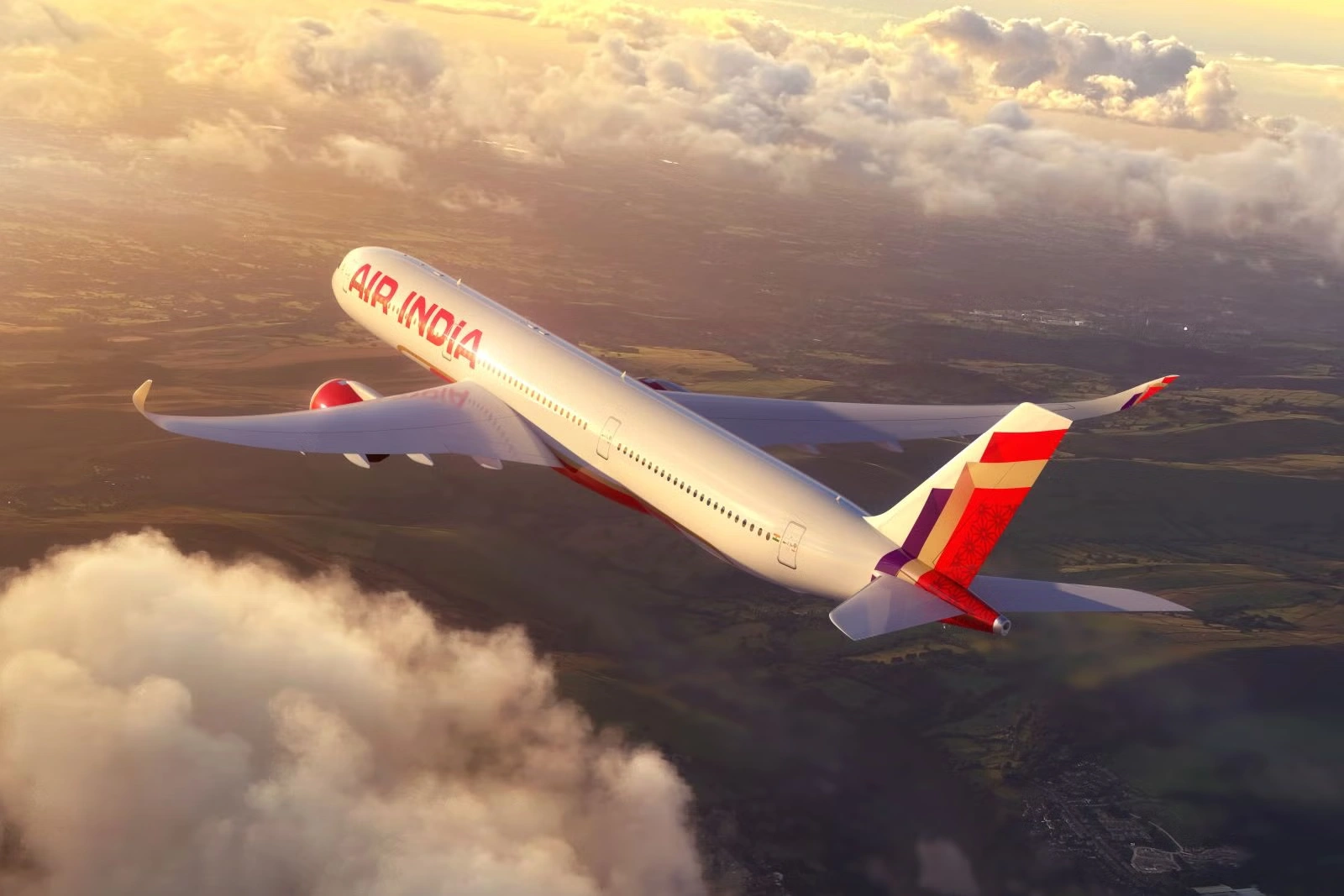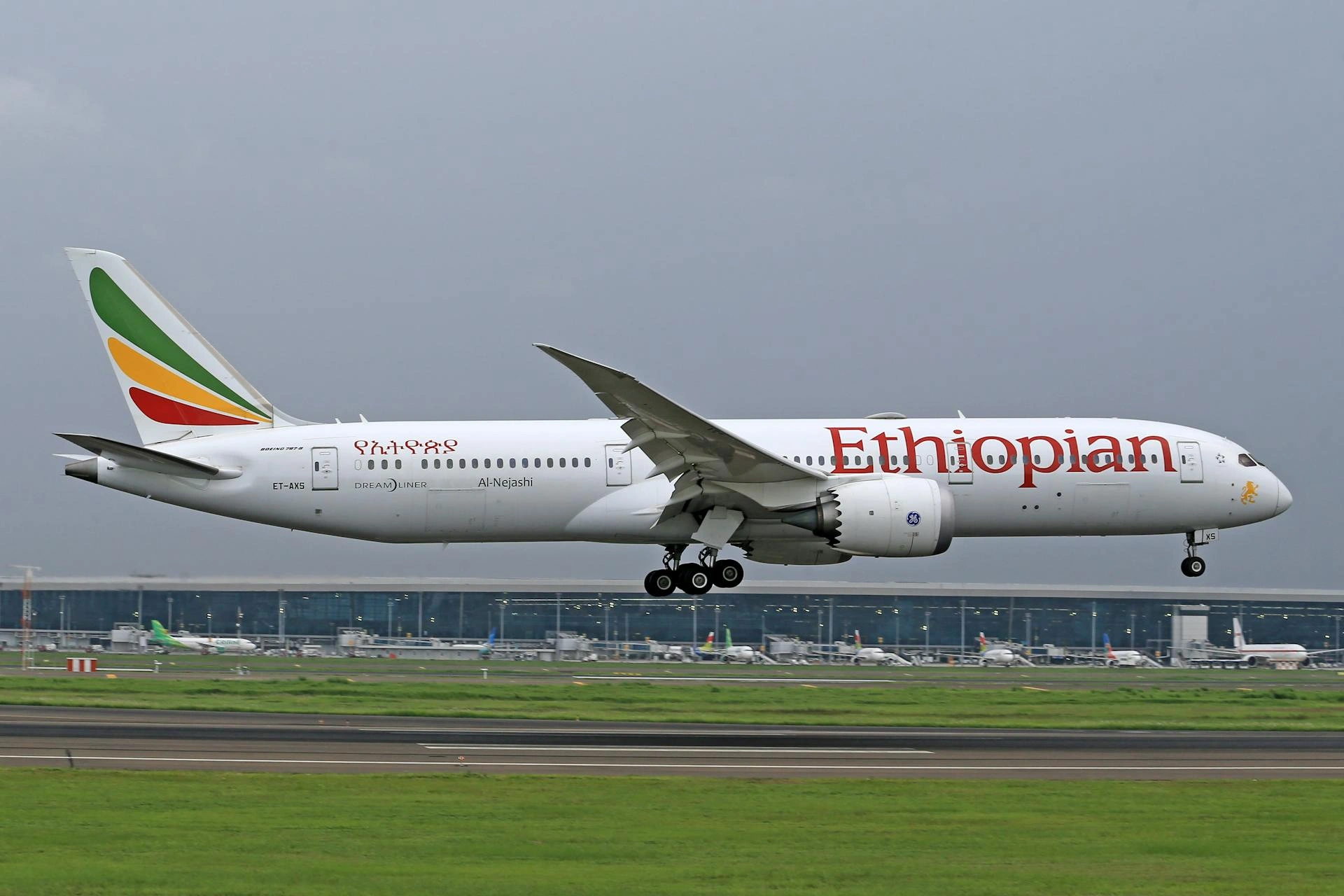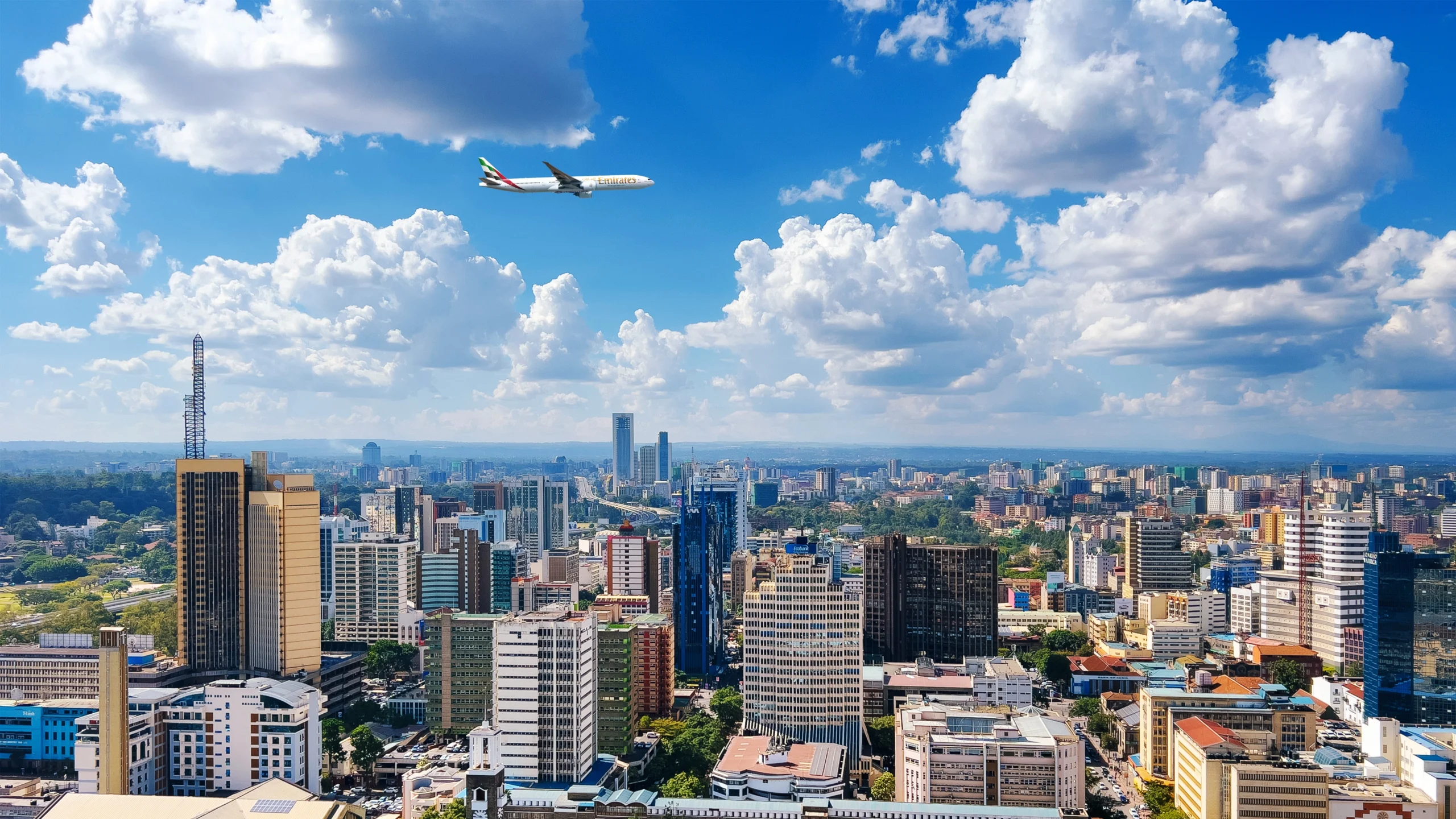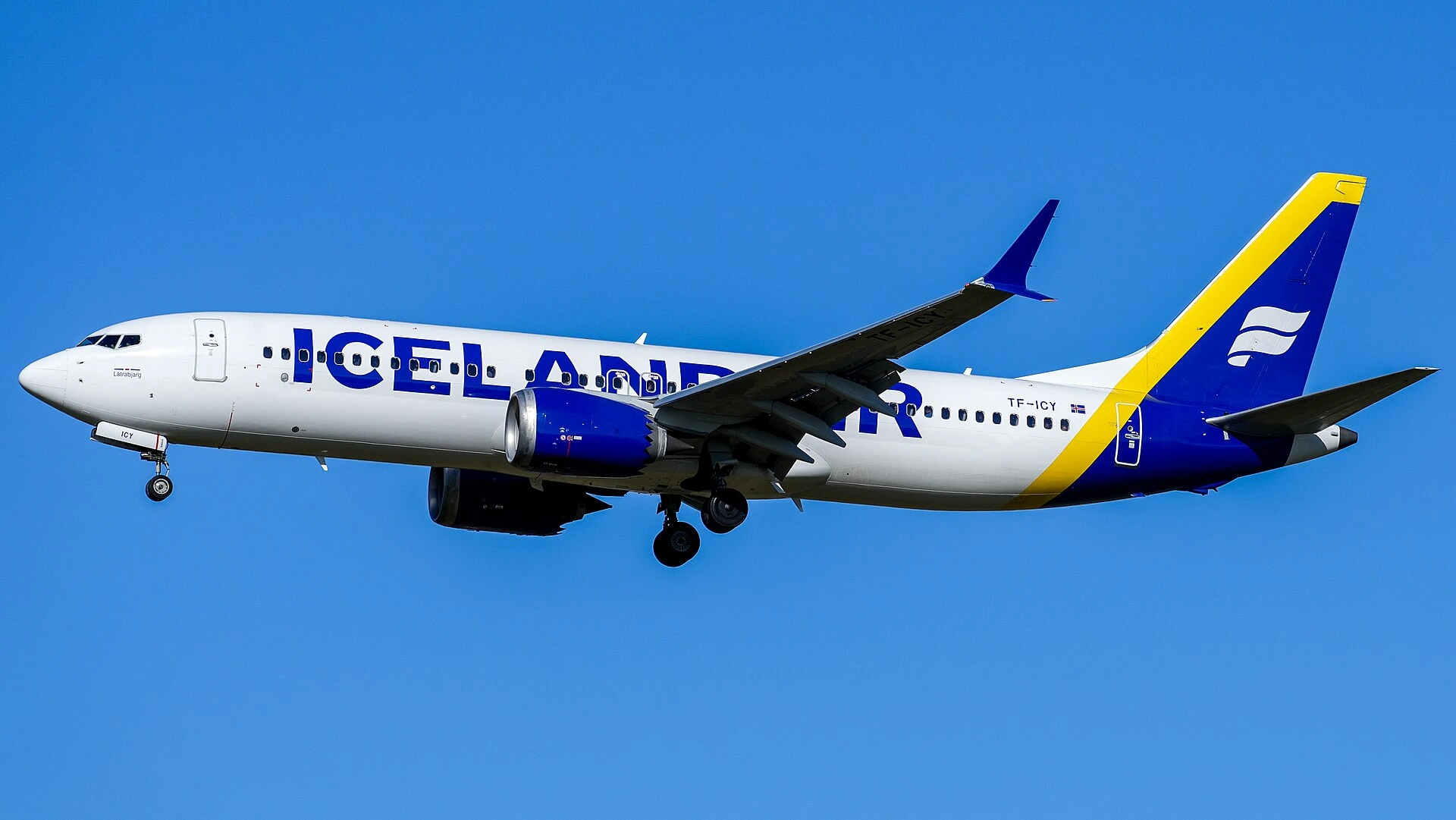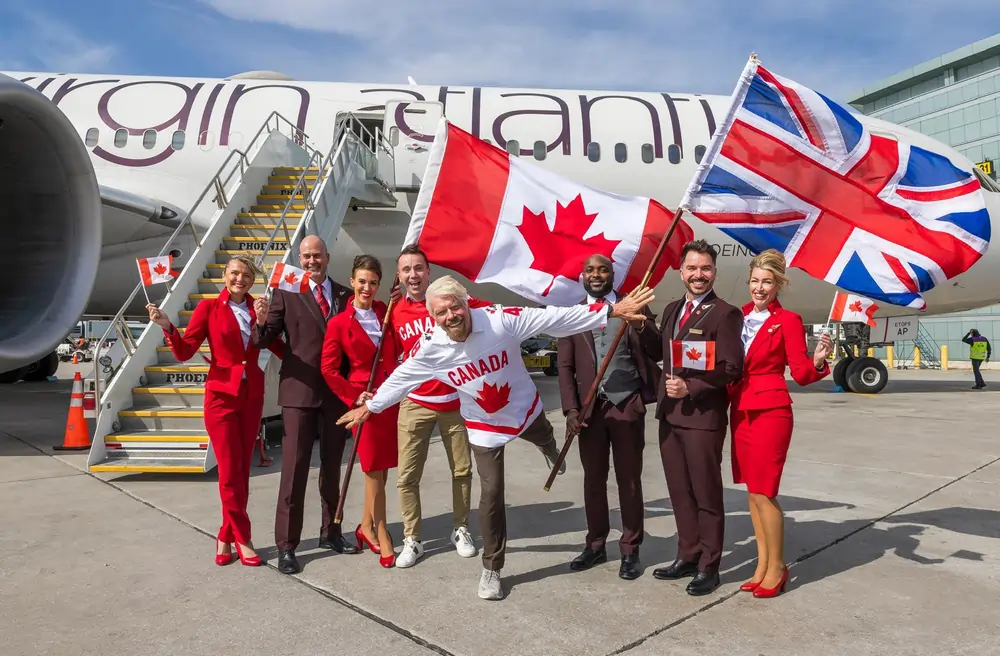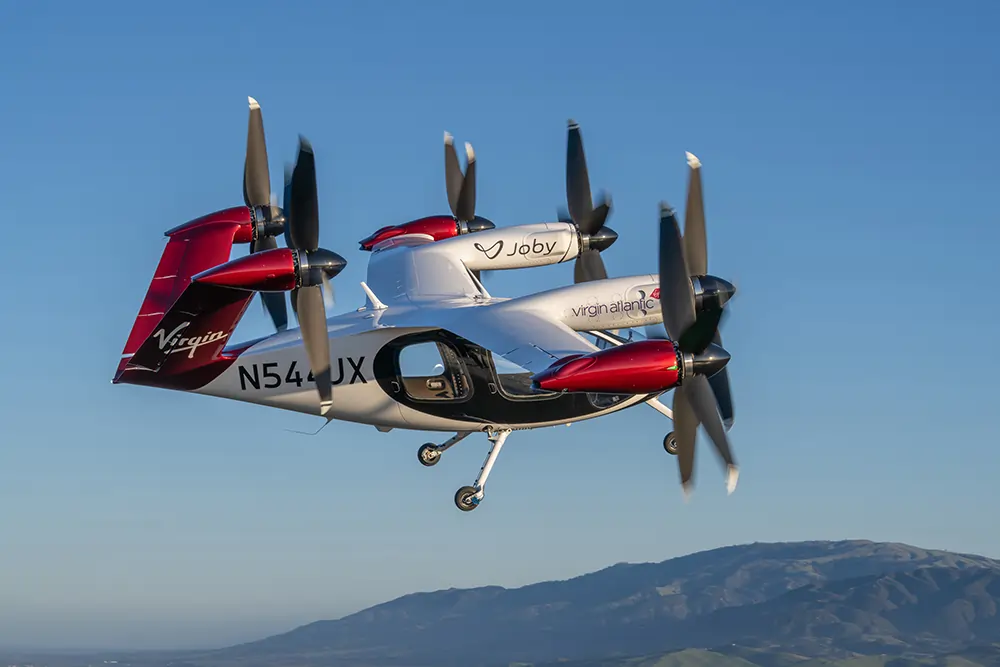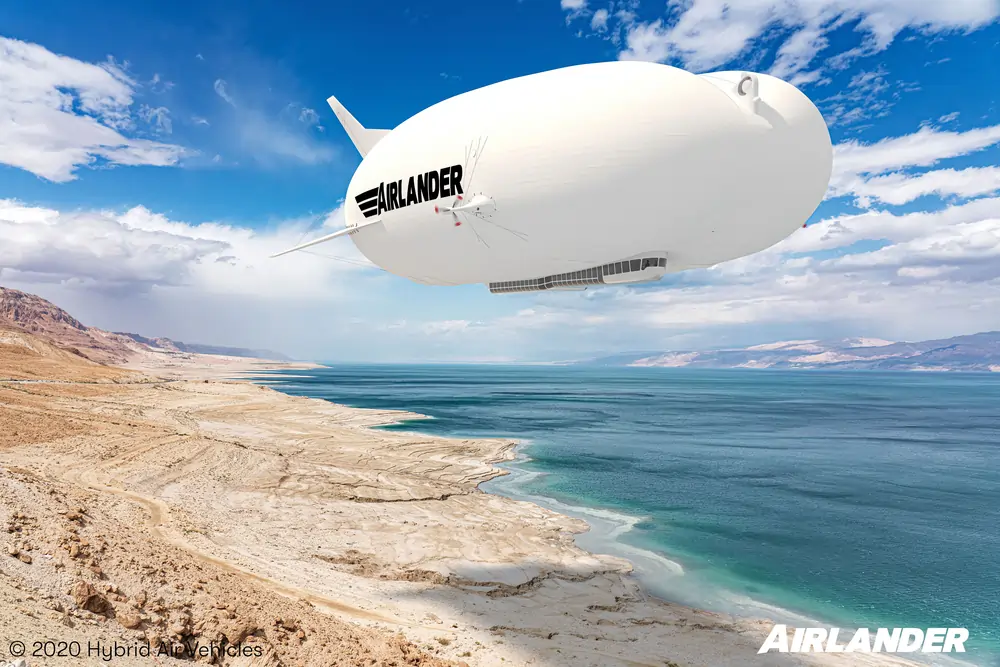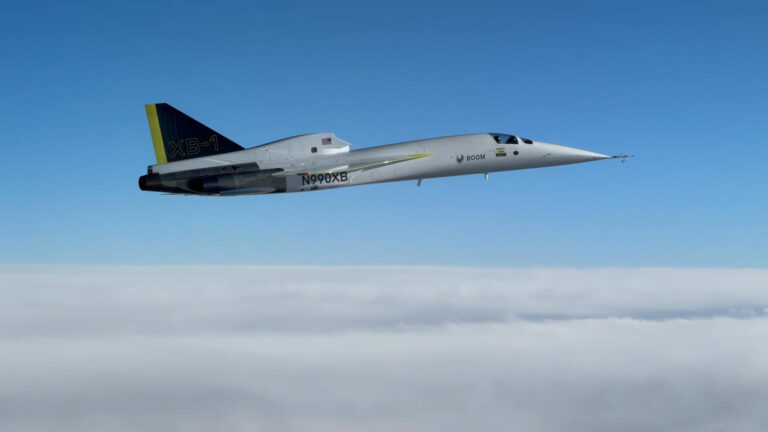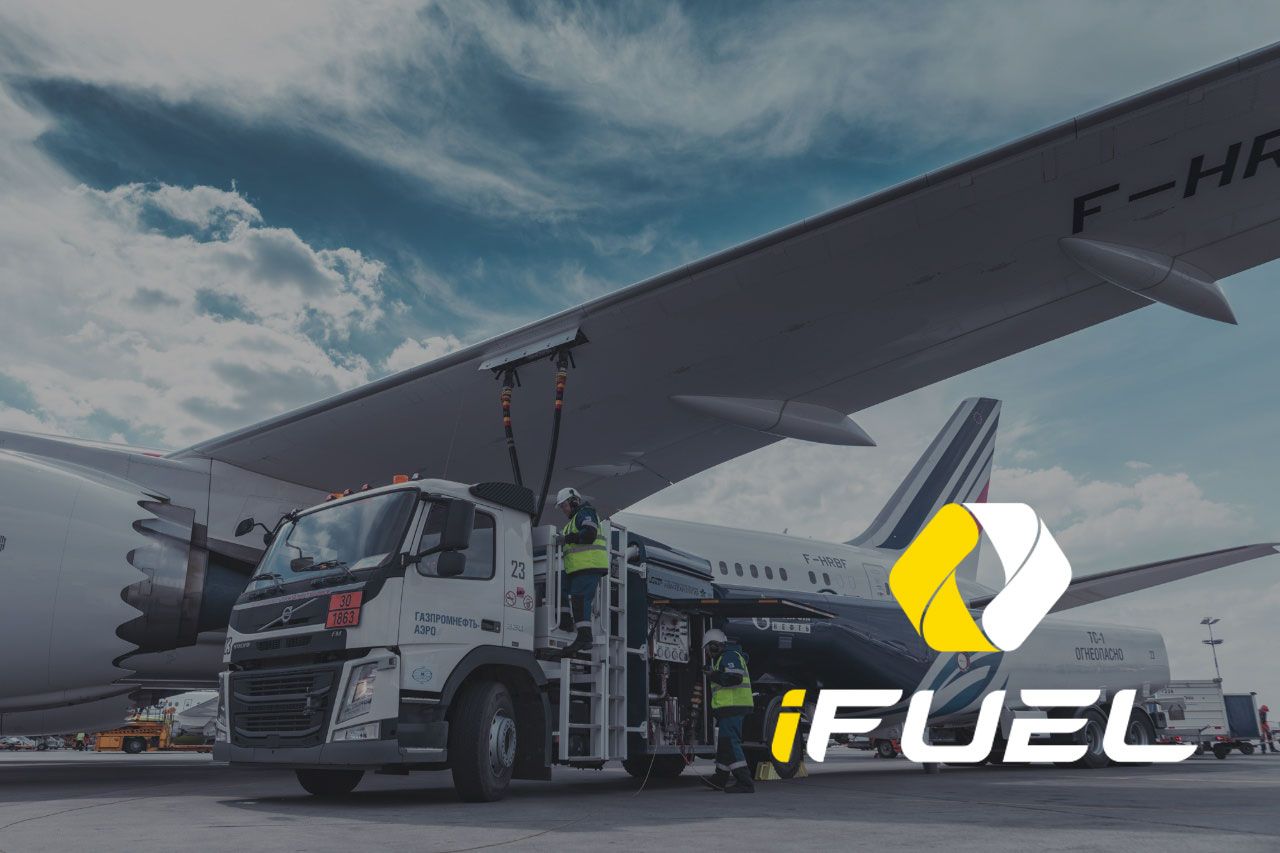Cayman Islands Aircraft Registry builds global reputation on safety and stability

John E. Kaye
- Published
- Aviation
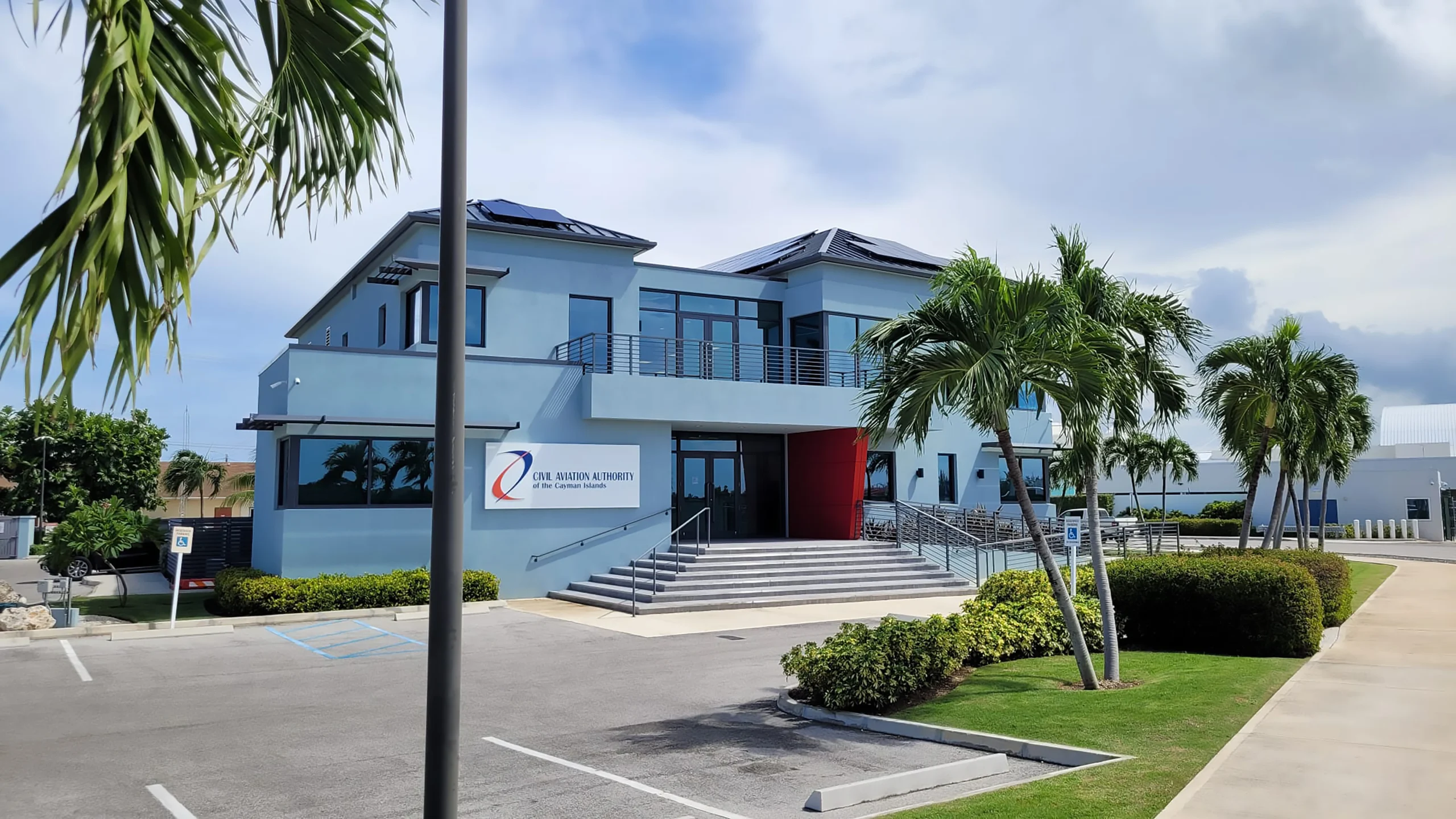
From its headquarters in George Town, Grand Cayman, the Civil Aviation Authority of the Cayman Islands (CAACI) oversees one of the world’s most respected offshore registries. With highly qualified and experienced personnel, English common law protections, and a commitment to client service, it has become a trusted choice for owners, operators and financiers across business aviation, writes John E. Kaye
“Our credibility depends on two main attributes: a strong safety culture and regulatory compliance,” Richard Smith, Director-General at the Civil Aviation Authority of the Cayman Islands (CAACI), explains during a remote interview from George Town, the jurisdiction’s capital and the centre of its financial and regulatory services industry. The CAACI’s headquarters are located on Owen Roberts Drive, only a short distance from Grand Cayman’s international airport, and the sound of passing aircraft frequently punctuate our call. “If we fail on either, nothing else matters.”
In business aviation, few transactions are completed without reference to the Cayman Islands Aircraft Registry (CIAR). Established in the 1960s and overseen by the CAACI, it has grown into one of the most recognised names in the sector and a byword for credibility thanks to a combination of rigorous safety oversight, English common law protections, and a service model built around international reach. Over these many years, its inspectors have carried out airworthiness and operational checks around the world, enabling owners to complete regulatory requirements at their preferred bases while ensuring full compliance with International Civil Aviation Organisation (ICAO) standards and recommended practices.
That combination of international standards and client service has helped the registry maintain global recognition. “Applications are processed expediently, and without diluting safety compliance,” Smith tells me. “We know that deadlines matter in aviation finance and operations, so our job is to uphold the standards while making sure the process does not delay an aircraft entering service or transitioning between leases.”
Technology has become central to how the Cayman Islands registry maintains its reputation. The launch of the VP-C Online platform has shifted aircraft registration from a paper-heavy process to a secure digital system, giving owners and operators 24-hour access to documentation and application tracking. Developed with managed services partner Brac Informatics Centre (BIC), it incorporates SSL encryption and redundant data storage, measures designed to reassure both regulators and financiers that records remain protected as well as accessible.
The move to digital systems forms part of a wider strategy to make the Cayman Islands more attractive to aviation businesses. This includes physical infrastructure such as the Cayman Maritime & Aviation City (CMAC), a division of Cayman Enterprise City established under the Special Economic Zone Authority that allows companies in the aviation and maritime sectors to establish a staffed physical presence onshore, creating an active business income base while retaining the advantages of an offshore structure. For aviation firms, from management companies to aerospace manufacturers, CMAC provides a practical route to meeting principal place of business requirements — an essential step in securing an Air Operator Certificate.
These structural advantages are reinforced by the jurisdiction’s legal and financial framework. The Cayman Islands operates under English common law, giving financiers confidence in the courts, and its record of political stability has long made it a preferred base for cross-border transactions. That appeal is strengthened by adherence to international financial transparency standards combined with client confidentiality, supported by robust anti-money laundering compliance. The Air Navigation (Overseas Territories) Order and the Overseas Territories Aviation Requirements adds further regulatory assurance for safety compliance.
Since 2015, the Cayman Islands has also been a party to the Cape Town Convention (by extension of the United Kingdom, the signatory to the convention) strengthening protections for creditors and allowing lenders to register dual mortgages to safeguard their interests. “The legal stability here is a major factor,” Smith adds. “Financiers want certainty that their rights will be recognised wherever the aircraft operates.”
Operators cite practical advantages too. Cayman-registered aircraft can be exempt from certain TSA Waiver Authorisation requirements, giving them flexibility when rerouting or rescheduling flights into U.S. airspace. In private and corporate aviation, where schedules are fluid, that ability to adjust at short notice is a valuable commercial benefit.
Taken together, Smith believes the registry offers a complete package: recognised safety regulatory oversight, a trusted legal system, operational flexibility and modern technology. “We see ourselves not only as regulators but as partners to the sector,” he says. “Our dedication to client service, regulatory excellence and innovation is what keeps Cayman at the forefront of international aircraft registration.”
Further information
Produced with support from the Civil Aviation Authority of the Cayman Islands. To find out more about the Cayman Islands Aircraft Registry and the services it provides, visit www.caacayman.com
RECENT ARTICLES
-
 Air India and Lufthansa expand codeshare to nearly 100 routes across Europe and India
Air India and Lufthansa expand codeshare to nearly 100 routes across Europe and India -
 WATCH: Red Bull pilot lands plane on moving freight train in aviation first
WATCH: Red Bull pilot lands plane on moving freight train in aviation first -
 Centrum Air to launch first European route with Tashkent–Frankfurt flights
Centrum Air to launch first European route with Tashkent–Frankfurt flights -
 Etihad ranked world’s safest airline for 2026
Etihad ranked world’s safest airline for 2026 -
 Cornwall project to open new UK test airspace for drones and autonomous aircraft
Cornwall project to open new UK test airspace for drones and autonomous aircraft -
 African airspace overhaul set to shorten flight times for European travellers
African airspace overhaul set to shorten flight times for European travellers -
 Emirates marks 30 years of operations to Nairobi
Emirates marks 30 years of operations to Nairobi -
 United expands European network with four new routes for summer 2026
United expands European network with four new routes for summer 2026 -
 United commits to 50% diversity at new pilot school in effort to reshape airline training
United commits to 50% diversity at new pilot school in effort to reshape airline training -
 Cayman Islands Aircraft Registry builds global reputation on safety and stability
Cayman Islands Aircraft Registry builds global reputation on safety and stability -
 Global aerospace composites market to triple by 2034 as demand for lighter, greener aircraft accelerates
Global aerospace composites market to triple by 2034 as demand for lighter, greener aircraft accelerates -
 XTI Aerospace launches Founders Club for TriFan 600 backers
XTI Aerospace launches Founders Club for TriFan 600 backers -
 Icelandair retains position as Europe’s most punctual airline
Icelandair retains position as Europe’s most punctual airline -
 World’s longest-range private jet cleared to fly from Europe—but London to Sydney still just out of reach
World’s longest-range private jet cleared to fly from Europe—but London to Sydney still just out of reach -
 California rolls out new fire-tracking system after deadly January wildfires
California rolls out new fire-tracking system after deadly January wildfires -
 Virgin Atlantic touches down in Canada after 10 year holiday
Virgin Atlantic touches down in Canada after 10 year holiday -
 U.S firm unveils hypersonic plane that can reach anywhere on Earth in 90 minutes
U.S firm unveils hypersonic plane that can reach anywhere on Earth in 90 minutes -
 United Airlines breaks ground on new $177M facilities at Houston Airport
United Airlines breaks ground on new $177M facilities at Houston Airport -
 'Revolutionary' Virgin Atlantic air taxi to hit UK skies soon
'Revolutionary' Virgin Atlantic air taxi to hit UK skies soon -
 Video Interview with Rinad El-Rabaa of iFuel
Video Interview with Rinad El-Rabaa of iFuel -
 Fly Derri-Air: Giant 'Mega Booty' airship to join ‘Flying Bum’
Fly Derri-Air: Giant 'Mega Booty' airship to join ‘Flying Bum’ -
 Boom! Watch as 'new Concorde' prototype jet breaks sound barrier
Boom! Watch as 'new Concorde' prototype jet breaks sound barrier -
 LunaGroup Charter - From leisure to lifesaving
LunaGroup Charter - From leisure to lifesaving -
 Bombardier announces changes to its board of directors
Bombardier announces changes to its board of directors -
 iFuel: Redefining Excellence in Aviation Services
iFuel: Redefining Excellence in Aviation Services

